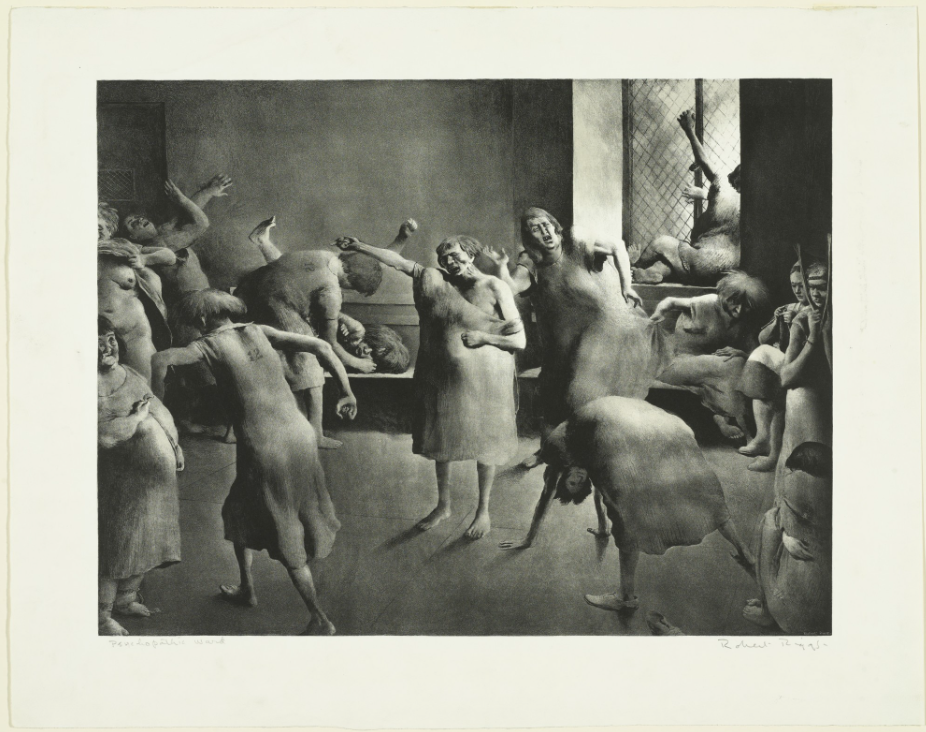
ANALYSIS
Brazilian scientists visit the Amazon: the scientific journeys of Oswaldo Cruz and Carlos Chagas (1910-13)
Júlio César Schweickardt and Nísia Trindade Lima
abstract
Nature and civilization: the decorative panels of the Teatro Amazonas foyer
Ana Maria Lima Daou
abstract
Sexuality and civilization in the tropics: gender, medicine, and morality in the Manaus press (1895-1915)
Fabiane Vinente dos Santos
abstract
Nature, colonization, and utopia in the works of João Daniel
Kelerson Semerene Costa
abstract
The people of the black waters: the Amazon caboclo of the Negro river
Fernando Sergio Dumas dos Santos
abstract
Memories of cholera in Pará (1855 and 1991): tragedies repeat themselves?
Jane Felipe Beltrão
abstract
Development, science, and politics: the debate surrounding creation of the Instituto Internacional da Hiléia Amazônica
Rodrigo Cesar da Silva Magalhães and Marcos Chor Maio
abstract
Cosmology, environment, and health: Baniwa food myths and rites
Luiza Garnelo
text in english
SOURCES
Bahsariwii – House of Dances
Gabriel Gentil. Introduction by Ana Carla Bruno
text in portuguese
The Amazon Sanitation Plan (1940-1942)
Rômulo de Paula Andrade and Gilberto Hochman
abstract
ESSAY
Animals and the primitive: the Others of our culture
Benedito Nunes. Introduction by Jaime L. Benchimol
text in portuguese
INTERVIEW
Marcus Barros talks about the environment and tropical diseases in the Amazon
Interviewed by Stella Oswaldo Cruz Penido. Introduction by Ruth B. Martins
text in portuguese
DOSSIER BANIWA
Koame wemakaa pandza kome watapetaaka kaawa (Baniwa, a story of plants and cures): the pathways to a script
Stella Oswaldo Cruz Penido
text in portuguese
Plants that cure and ‘qualities of being’: on ontology and Amerindian otherness
• review by Marco Antonio Gonçalves on the documentary film Baniwa, uma história de plantas e curas
text in portuguese
The world and sustainable indigenous knowledge
• commentary by André Fernando
text in portuguese





